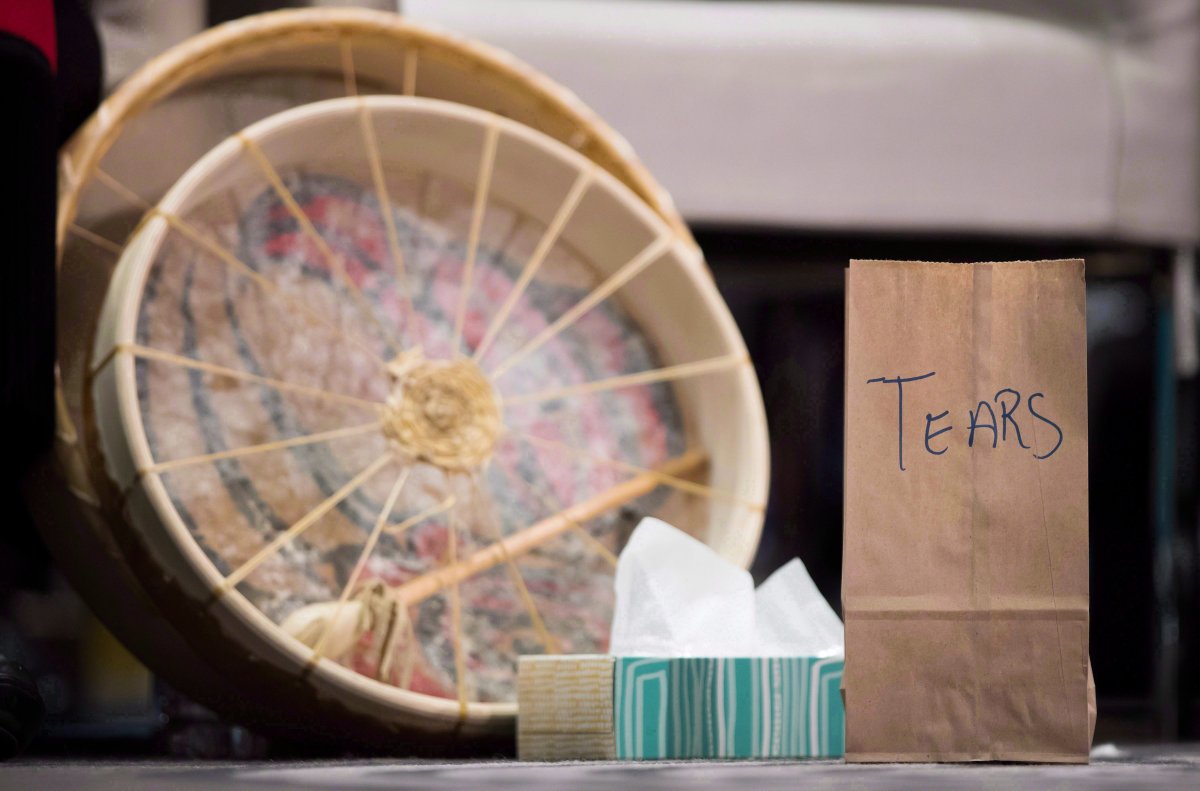Police say human trafficking is strongly linked to high rates of violence against Indigenous women and girls, but there are major knowledge gaps that keep pervasive trafficking activities hidden in plain sight.

RCMP assistant commissioner Joanne Crampton told the National Inquiry into Missing and Murdered Indigenous Women and Girls on Monday that current statistics on human trafficking are “not anywhere near” the real picture.
READ MORE: Indigenous children still being treated unequally by provinces
The inquiry is holding its final hearings this week in St. John’s, N.L., with experts providing testimony on sexual exploitation, human trafficking and sexual violence.
Crampton touched on the challenges of policing when it comes to human trafficking in Canada, citing a lack of accurate data stemming from under-reporting and the vulnerabilities of Indigenous women to exploitation.
Insp. Tina Chalk testified about her work training the Ontario Provincial Police to recognize the signs of trafficking, saying she likely missed instances of it earlier in her career because she couldn’t detect the signs.
Commissioner Michele Audette also noted the historic significance of the hearings, saying inquiry staff did the best they could despite the federal government’s recent rejection of the inquiry’s request for a two-year extension, instead extending it for six months.
- ‘Shock and disbelief’ after Manitoba school trustee’s Indigenous comments
- Invasive strep: ‘Don’t wait’ to seek care, N.S. woman warns on long road to recovery
- ‘Super lice’ are becoming more resistant to chemical shampoos. What to use instead
- Canadian food banks are on the brink: ‘This is not a sustainable situation’








Comments